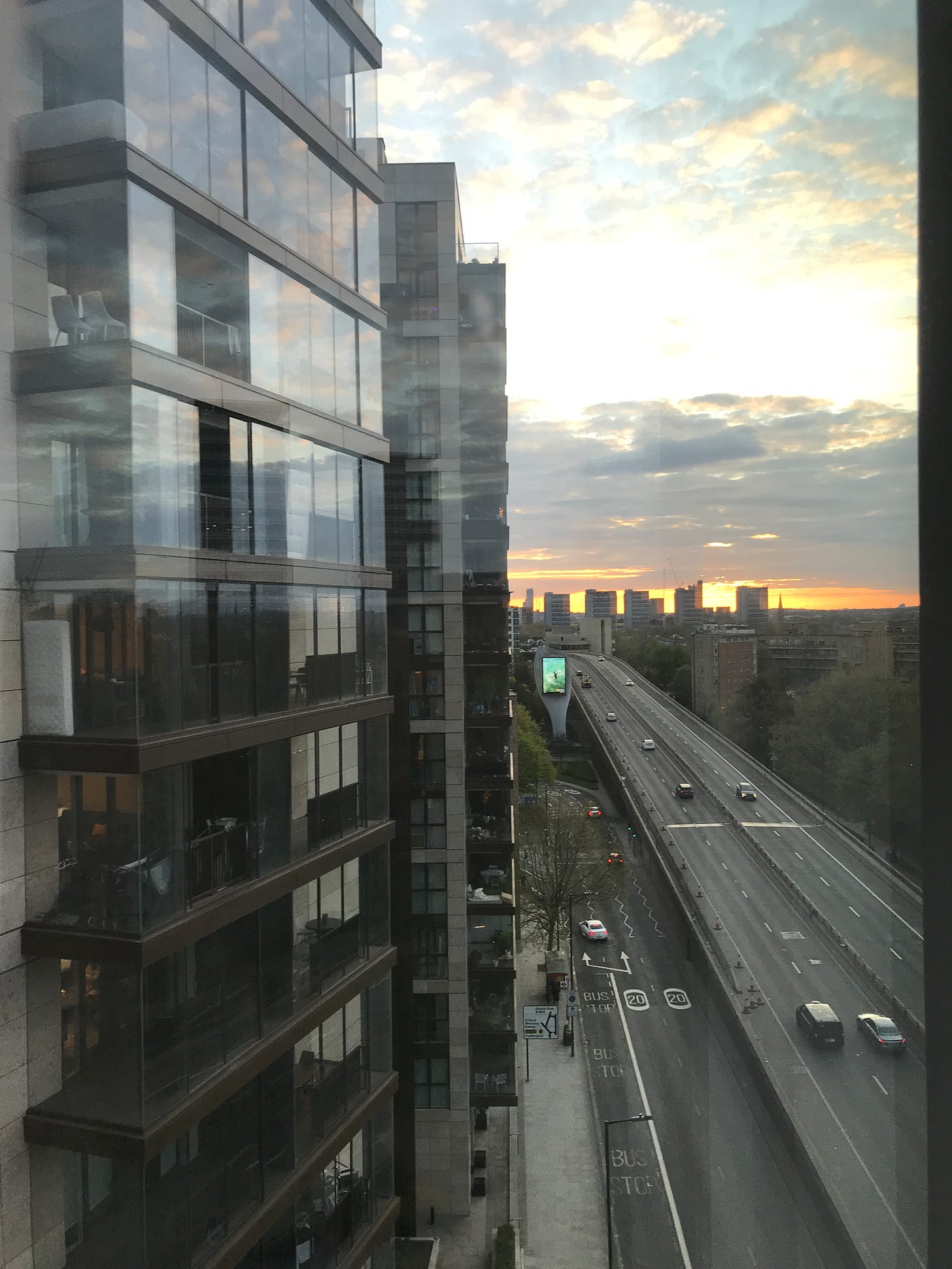There is a quiet that accumulates over days spent alone. It’s not silence, exactly—there’s the refrigerator hum, the tick of the wall clock, the occasional car splitting the street outside—but it becomes a kind of atmospheric pressure. The world feels padded. You move through it like a diver, slow and vaguely distorted.
Aloneness, in itself, is manageable. It can even be exquisite. There are days when the solitude sharpens everything—light slanting across a floorboard, the clarity of birdsong, the faint creak of the building settling. But when loneliness arrives, it’s a different matter. It doesn’t enter like a guest. It seeps, colours the air. And in this century, it’s hard to talk about loneliness without talking about the phone.
A phone is a strange companion. Slick, warm from the palm. It promises connection—flashes of affection, desire, attention—but delivers it in odd, inconsistent doses. There are mornings when you wake with your throat tight, not from grief or illness, but from absence. You check your notifications with the urgency of someone expecting news. Sometimes it’s there. Sometimes it isn’t. Sometimes the message is so brief it feels like an insult: a heart emoji, a single word. And still, you hold it close.
Desire, now, often begins and ends in language. Or image. A person becomes a name, then a thumbnail, then a chat bubble. You swap thoughts and photos, send jokes, inch closer to something that feels like intimacy. There’s anticipation, even arousal—but it’s strange how often it leaves no residue. No afterglow. Just a faint embarrassment, a sense that something was performed but not shared.
It’s possible, now, to have sex without being touched. To fall into emotional entanglement without ever hearing the other person’s voice. The arrangement is convenient, sometimes pleasurable, and almost always haunted by a flicker of unease. You scroll back through conversations, looking for proof that it meant something. Or you send another message, just to keep the circuit alive.
What’s difficult to admit is how easily we adapt to this pattern. The reduced stakes. The removal of bodily risk. Even rejection is softened, made abstract—ghosting instead of goodbye. You can spend years in this half-lit mode, always reaching, rarely arriving. You tell yourself it’s just a phase. That real connection is still out there, waiting. But sometimes you catch your reflection in the dark screen and wonder whether you’ve become too fluent in distance.
In certain moments, you ache for the old world. Not out of nostalgia, but for the roughness of real interaction. The inconvenience of presence. You remember things—the smell of someone’s skin, the hum of two people breathing in sync, the vulnerable silence after sex that no message thread can reproduce. You remember how the body carries memory differently than a device.
Still, there’s no going back. We live in a time when everyone is broadcasting, and no one seems to be listening. Loneliness isn’t just a lack of company—it’s a surplus of noise, with no true contact. You scroll to feel less alone, and end up more fragmented. You learn to craft versions of yourself, calibrated for approval. The phone becomes a mirror that reflects nothing back.
And yet—there are still glimmers. A long voice note from someone unexpected. A message that lands just when you need it. A sudden, quiet honesty exchanged at 2 a.m., when the noise drops low enough for truth. These are not replacements for presence, but they’re not nothing either. They remind you that there is still some pulse beneath the performance. That other people are still out there, also trying, also frayed, also hoping.
You go to bed, eventually. The phone dims. The room stretches out. You lie still, trying to remember what it felt like to fall asleep with another body close. Not sex, but weight. Heat. The sound of another life breathing next to yours. You don’t cry. You don’t reach for distraction. You just wait, and listen, and let the loneliness pass through you like weather.
It always does.





This reminds me of lockdown. Being separated from my partner for months because we lived across borders and both in the vulnerable category. And something more besides, now. How life can be, is being, is going.
It felt heavy.
So well done.
This is great.